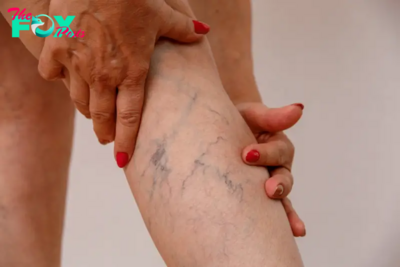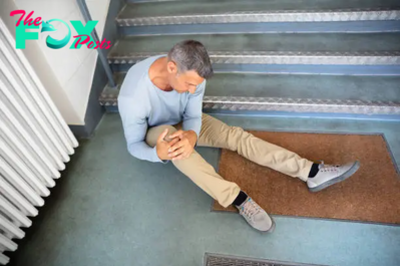Health
Questions About Long Covid and Post Covid Conditions
Long-COVID affects a significant number of people who were infected with the SARS-CoV-2 virus. It causes various symptoms that can last for years. Some of them can be debilitating. Some patients may benefit from seeking physical therapy near me to address the symptoms of this disorder.
What Is Long COVID Exactly?
Long-term effects resulting from infection with the virus that causes COVID infection are called long COVID. This condition includes a broad range of symptoms and signs which can make diagnosis difficult. Symptoms may last for weeks, months, or years after the initial infection clears.
The defining characteristic is that a patient with long COVID must have a prior History of infection with the SARS-CoV-2 virus. It is sometimes called chronic COVID, long-haul COVID, post-acute COVID-19, and Post-COVID Conditions.
Anyone with a prior COVID infection can experience long-COVID. However, it occurs more frequently in people who experienced severe illness as a result of infection than those who developed only mild symptoms. Additionally, since people can be reinfected with the virus, there are multiple opportunities for long-COVID symptoms to develop.
What Are Common Symptoms of Long COVID?
Just as some people develop severe illness from a COVID infection while others experience mild cold symptoms, long COVID affects each person differently. Some people report a persistent loss of their sense of taste post-COVID, while others experience debilitating headaches and fatigue. For some people, symptoms are severe enough to interfere with daily life. Depending on the symptoms in question, Physical therapy Redmond may help you find relief from long COVID.
Cardiorespiratory Symptoms
- Chest pain and heart palpitations
- Difficulty breathing or shortness of breath
General Symptoms
- Fatigue that cannot be explained by activity levels and that interferes with daily life
- Headaches
Musculoskeletal Symptoms
- Joint pain
- Muscle pain
Neurological Symptoms
- Brain fog (trouble concentrating)
- Changes to senses of taste and smell
- Dizziness or lightheadedness
How Physical Therapy Can Help With Post-COVID Conditions
Physical therapy may help some long-COVID patients reduce symptoms and regain control of their lives. It is especially helpful for neurological and musculoskeletal symptoms. It is important to remember that each case is unique, and your physical therapist must develop an appropriate treatment plan for your symptoms and goals.
For example, if muscle pain and weakness are your primary concerns, exercises to stretch and strengthen the affected muscles might be effective. On the other hand, if poor balance or dizziness are more problematic, then balance retraining may also be needed. Depending on your specific symptoms and challenges, physical therapy for long-COVID may help with:
- Alleviating symptoms of depression and anxiety
- Improving the quality and duration of sleep
- Increasing muscle strength and physical fitness
- Improving cardiovascular functioning and endurance
- Lessening fatigue related to COVID infection
- Relieving joint pain
Long-COVID can affect you for years after recovery from the initial infection. Symptoms vary and are sometimes vague, which can complicate getting a correct diagnosis. Working with experienced physical therapists in Portland can help you start to rebuild muscle, reduce joint pain, and regain function lost to long-COVID.
-

 Health18h ago
Health18h agoTeens Are Stuck on Their Screens. Here’s How to Protect Them
-

 Health1d ago
Health1d agoHow Pulmonary Rehab Can Help Improve Asthma Symptoms
-

 Health1d ago
Health1d ago10 Things to Say When Someone Asks Why You’re Still Single
-

 Health2d ago
Health2d agoThe Surprising Benefits of Talking Out Loud to Yourself
-

 Health2d ago
Health2d agoDoctor’s bills often come with sticker shock for patients − but health insurance could be reinvented to provide costs upfront
-

 Health2d ago
Health2d agoHow Colorado is trying to make the High Line Canal a place for everyone — not just the wealthy
-

 Health2d ago
Health2d agoWhat an HPV Diagnosis Really Means
-

 Health3d ago
Health3d agoThere’s an E. Coli Outbreak in Organic Carrots


























